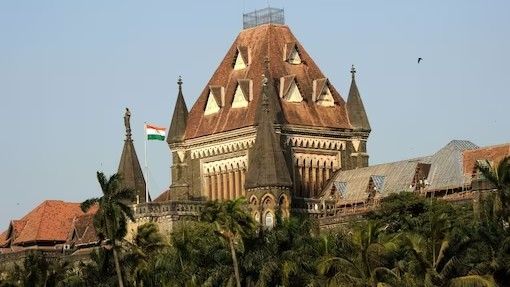
Mumbai: The Bombay High Court on Monday said that there was nothing illegal about the Bar Council of India’s (BCI) directive requiring law students to disclose any criminal antecedents.
A division bench of Chief Justice Alok Aradhe and Justice Bharati Dangre dismissed a public interest litigation (PIL) filed by advocate Ashok Yende, challenging the BCI’s September 2024 circular and a similar directive issued by Mumbai University. The court noted that the petition was not filed by an aggrieved student and found no violation of legal rights.
The BCI circular mandates criminal background checks for law students and requires them to declare any ongoing FIRs, criminal cases, convictions, or acquittals before receiving their final marksheets and degrees. Non-disclosure could lead to strict disciplinary action, including withholding academic credentials.
The directive also enforces declaration of simultaneous enrollment in other academic programs or employment without prior approval; mandatory biometric attendance and compliance with attendance norms and installation of CCTV cameras in classrooms.
BCI has justified these measures as necessary to uphold ethical standards in the legal profession. The bench found no illegality in the circular, emphasising that it only seeks a declaration and does not automatically disqualify students with a criminal record.
“Why should the Bar Council of India not check the criminal antecedents of a student? What is illegal about it? What law is violated? According to us, there is nothing illegal in the circular,” remarked Chief Justice Aradhe.
The court also stated that such initiatives should be welcomed, not opposed, and warned the petitioner against wasting judicial time. Following this, Yende withdrew the petition.
Advocate Yende, a legal educationist with over 40 years of experience, contended that the BCI had exceeded its jurisdiction under the Advocates Act, 1961, which regulates the legal profession but does not govern student admissions.
The PIL also argued that the circular violates the Right to Equality (Article 14) and infringes on Privacy (Article 21). It further added that contradicts reformative justice principles by potentially discriminating against students who may have been falsely implicated.
A similar challenge to the BCI’s circular is pending before the Supreme Court, which has sought the BCI’s response. While the Bombay High Court has upheld the directive, the final decision may come from the apex court.